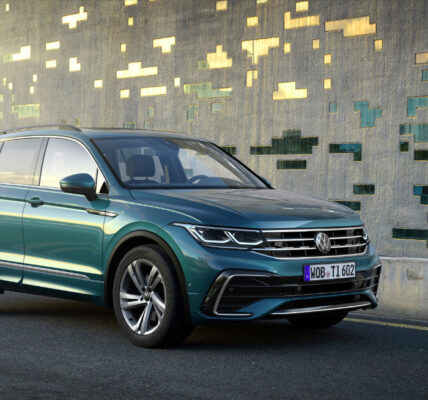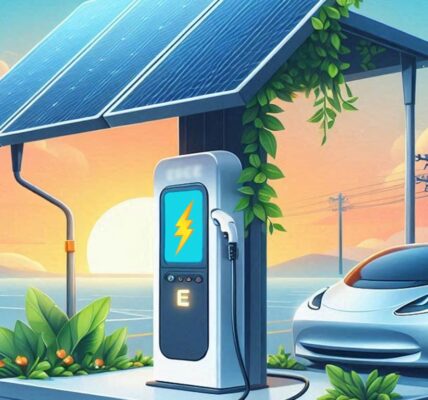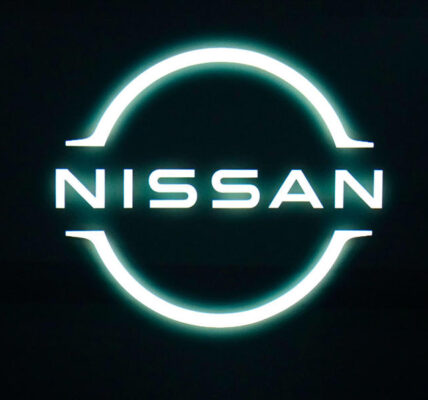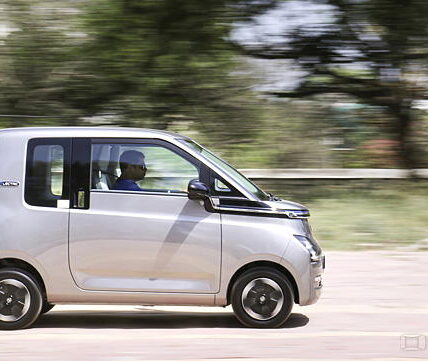According to S&P Global, the coronavirus outbreak, which is wreaking havoc all over the globe and pretty much in any segment of the economy you can think of, has pushed the world’s economy into a global recession.
Initial figures suggest that the Chinese economy was hit far harder than estimated, but on a brighter note, there are signs that it is beginning to stabilize. They are quite shy for now, but something is better than nothing! Now, Europe and the United States are following a similar path. Increasing restrictions on person-to-person contacts have resulted in a collapsing demand that will push all activity sharply down before a recovery, hopefully, begins later in the year. The world’s largest economy, the U.S. economy, is either in the process of entering a recession, or it has already entered one, as the pandemic has severely disrupted economic activity far more drastically than previously estimated.
Earlier this week, the big three U.S. automakers closed their North American production plants. And as bad as things may seem for the automotive industry, they are even worse for electric vehicles.
Both European and U.S. auto manufacturers have now halted production. The European market was already in a conundrum. It was also caught in the middle of the U.S.-China trade war due to the complexity of its supply chain. Then there was the Brexit uncertainty. And to top it off, weakened car demand in China due to an economic slowdown whose prospects still remain clouded.
And now COVID-19 has forced Volkswagen, Daimler AG, which owns Mercedes-Benz, Bayerische Motoren, Ford Motor Company, Fiat Chrysler Automobiles, Renault SA and even the Japanese giant Toyota Motor Corporation to close down its European plants. The road ahead can only be downhill and experts even fear that this blow will result in a lost decade.
As if COVID-19 hasn’t already taken a toll on the production of EVs considering all the above companies have invested heavily in this segment in an effort to combat Tesla Motors and adhere to stricter EU legislation regarding zero-emissions, oil prices have never been lower. This will make things harder for EV manufacturers.
Moreover, with the weakening economy and lost jobs, purchasing power will be severely damaged, a tough blow for EVs, as they’re still considered a luxury option when compared to regular combustion vehicles.
BMW and Mercedes have announced they will add a range of plug-in hybrids as part of their strategy to meet the stricter EU regulations this year. Moreover, LMC Automotive predicts that they will even outsell EVs. The automakers’ could off from their big debuts in EVs and turning to more realistic, not to mention more affordable, plug-in hybrids with combustion engines. It does make sense in a way, as CEOs of the above companies were openly scared about the costs of electrification, which is why many of them opted for joint ventures. And even Honda’s Motor Co’s CEO expects hybrids to outperform EVs.
BMW is using flexible manufacturing to produce all three types on the same assembly line, so in a way, it is more adaptable than everyone else who has EV-dedicated platforms to whatever lies ahead.







